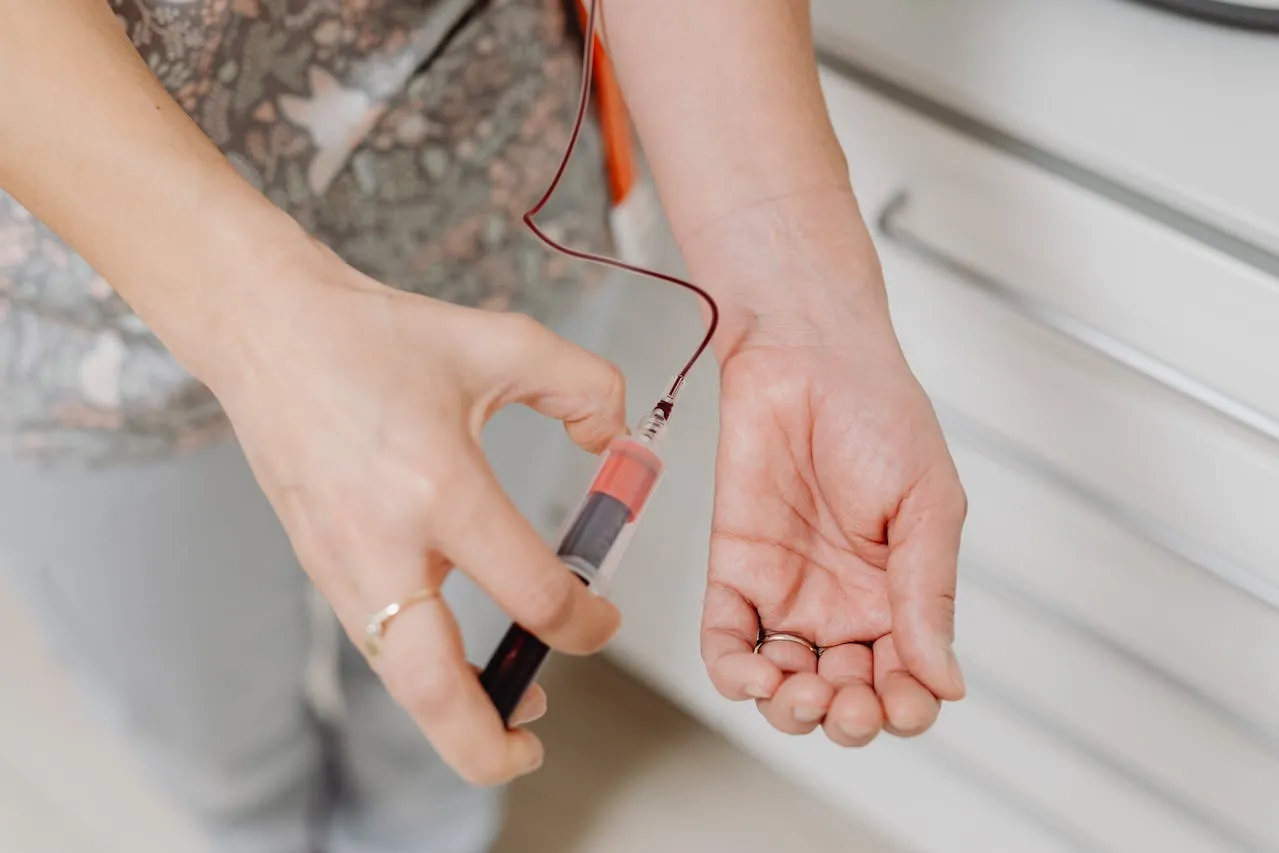
AstraZeneca will present new data from its cutting-edge hematology portfolio and pipeline at the 66th American Society of Hematology (ASH) Annual Meeting, taking place from December 7 to 10, 2024. The company will showcase 57 abstracts, featuring 13 approved and investigational medicines across key hematologic indications, including chronic lymphocytic leukemia (CLL), multiple myeloma (MM), paroxysmal nocturnal hemoglobinuria (PNH), and other blood disorders. The data will also highlight innovations from Alexion, AstraZeneca’s rare disease division.
Anas Younes, Senior Vice President of Hematology R&D at AstraZeneca, commented: “Our data at ASH from the AMPLIFY Phase III trial will highlight the efficacy and safety of Calquence, our leading second-generation BTK inhibitor, as a fixed-duration therapy for first-line CLL. In addition, we will present promising results from our novel T-cell engager AZD0486 in lymphomas, and data for AZD0120, a CAR T cell therapy, which could potentially transform the treatment landscape for multiple myeloma.”
Christophe Hotermans, Senior Vice President and Head of Global Medical Affairs at Alexion, added: “We are excited to share new insights from our ongoing studies, including data from the ALPHA Phase III trial, which reaffirm the safety and efficacy of Voydeya as an add-on to Ultomiris or Soliris for patients with PNH experiencing clinically significant extravascular hemolysis. Our presentations will also shed light on the progress we are making across a range of rare hematologic and cardiovascular conditions.”
Calquence Combos Show Significant Benefits in CLL and MCL
At ASH, AstraZeneca will present interim results from the pivotal AMPLIFY Phase III trial, which explores fixed-duration Calquence in combination with venetoclax, with or without obinutuzumab, for previously untreated adults with CLL. These results will be part of the ASH Press Briefing on December 8.
Additionally, an updated analysis from the ECHO Phase III trial will demonstrate the potential of Calquence in combination with bendamustine and rituximab as a first-line treatment for mantle cell lymphoma (MCL), showing durable undetectable minimal residual disease (MRD) rates and benefits across high-risk patient groups. The ECHO trial results were first presented as a late-breaking oral presentation at the European Hematology Association (EHA) 2024 Hybrid Congress.
Further findings will be shared from the ChangE Phase III trial in China, evaluating Calquence compared to chlorambucil plus rituximab in first-line CLL.
Next-Generation T-Cell Engagers and CAR T Therapy Show Promise
AstraZeneca will present exciting new data on its novel bispecific T-cell engager, AZD0486, which targets both CD19 and CD3. Phase I results show high response rates in patients with relapsed/refractory follicular lymphoma (R/R FL), including a 96% overall response rate and 85% complete response rate. Interim Phase I results will also explore AZD0486’s potential in patients with heavily pretreated diffuse large B-cell lymphoma (DLBCL). The data will highlight the agent’s promising safety profile, with cytokine release syndrome (CRS) and immune effector cell-associated neurotoxicity syndrome (ICANS) effectively managed through a double step-up dosing schedule.
AstraZeneca will also showcase early data for AZD0120 (GC012F), a novel autologous CAR T therapy targeting both BCMA and CD19, developed using the Gracell FasTCAR rapid manufacturing process. Preliminary results suggest deep responses and a favorable safety profile in elderly patients with newly diagnosed, transplant-ineligible multiple myeloma (MM), with no cases of ICANS or ≥Grade 2 CRS.
Additionally, an oral presentation will feature preclinical data on AZD5492, a next-generation T-cell engager targeting CD8 and CD20, designed using AstraZeneca’s TITAN platform. AZD5492 is currently in Phase I trials for relapsed/refractory Non-Hodgkin lymphoma (NHL) and CLL.
Voydeya and Ultomiris/Soliris Provide Relief for PNH Patients
AstraZeneca will present new findings on Voydeya (danicopan) as an add-on to Ultomiris (ravulizumab) or Soliris (eculizumab) in patients with PNH who experience clinically significant extravascular hemolysis (EVH). Data from the ALPHA Phase III trial show a low rate of breakthrough hemolysis (BTH) events, most of which were mild or moderate and resolved without transfusion or treatment adjustments. These findings will be complemented by long-term patient-reported outcomes, which show sustained improvements in fatigue, quality of life, and physical function in these patients over a 72-week period.
Advancing Understanding of Rare Diseases
AstraZeneca will also present new data on rare hematologic diseases. A retrospective chart review will provide real-world evidence showing hematologic and renal improvements in adults with atypical hemolytic uremic syndrome (aHUS) who switched to Ultomiris after short-term use of Soliris. Early responses were observed, with continued improvements through one year of Ultomiris treatment.
Additionally, two presentations on amyloid light chain (AL) amyloidosis will highlight ongoing challenges in managing this progressive disease, underscoring the need for novel therapies to improve cardiovascular outcomes and organ function in patients.
AstraZeneca’s robust hematology pipeline underscores its commitment to advancing care for patients with blood cancers and rare hematologic diseases, and the company looks forward to sharing these important findings with the global medical community at ASH 2024.





